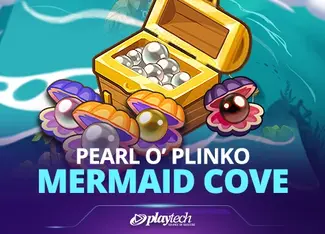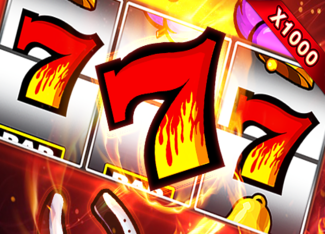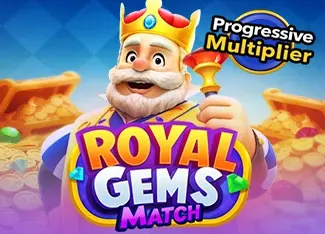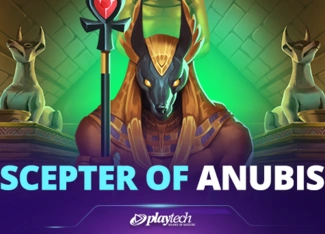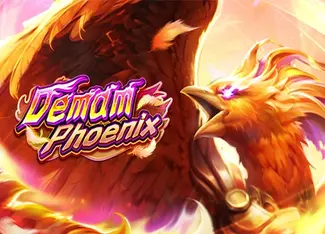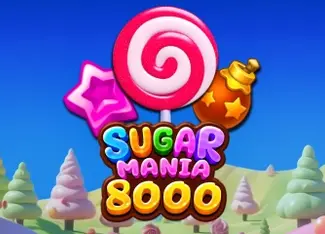IDR 41,475,327,098
Layanan Customer
Layanan Product

Permainan Terlengkap dalam seluruh platform
Layanan Member
Tambah Dana
Waktu
Menit
WITHDRAW
Waktu
Menit
Sistem Pembayaran

ONLINE

ONLINE

ONLINE

ONLINE

ONLINE

ONLINE

ONLINE

ONLINE

ONLINE

ONLINE

ONLINE

ONLINE

ONLINE

ONLINE

ONLINE

ONLINE

ONLINE

ONLINE
368MEGA ^ Agen Slot Judi Online Indonesia No 1 Terbaik
368MEGA ^ Agen Slot Judi Online Indonesia No 1 Terbaik
Gabung dengan 368MEGA, agen slot judi online Indonesia nomor 1 yang terpercaya dan terbaik. Nikmati permainan seru, bonus melimpah, dan layanan profesional setiap hari. Main sekarang dan raih kemenangan besar!










































